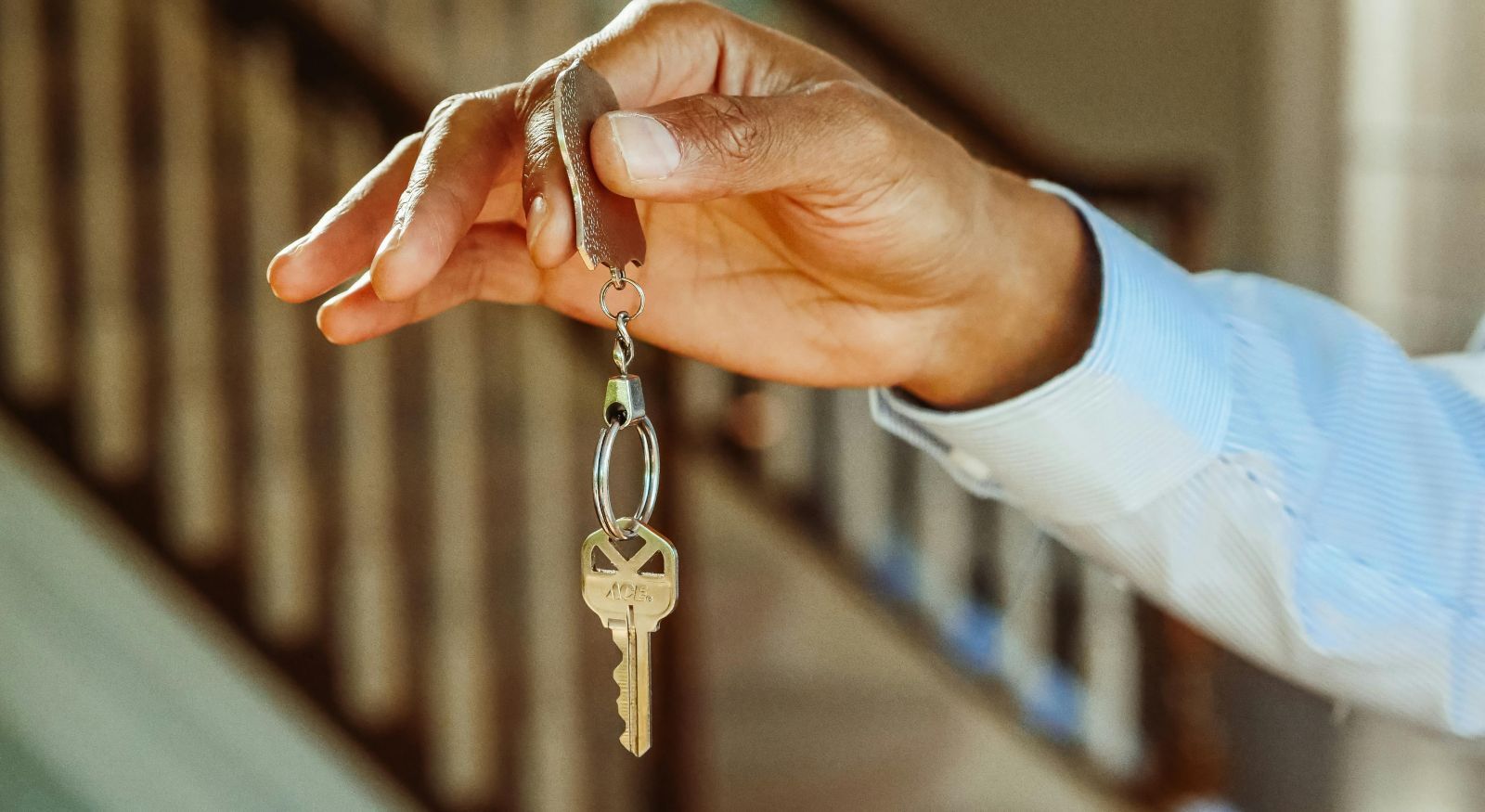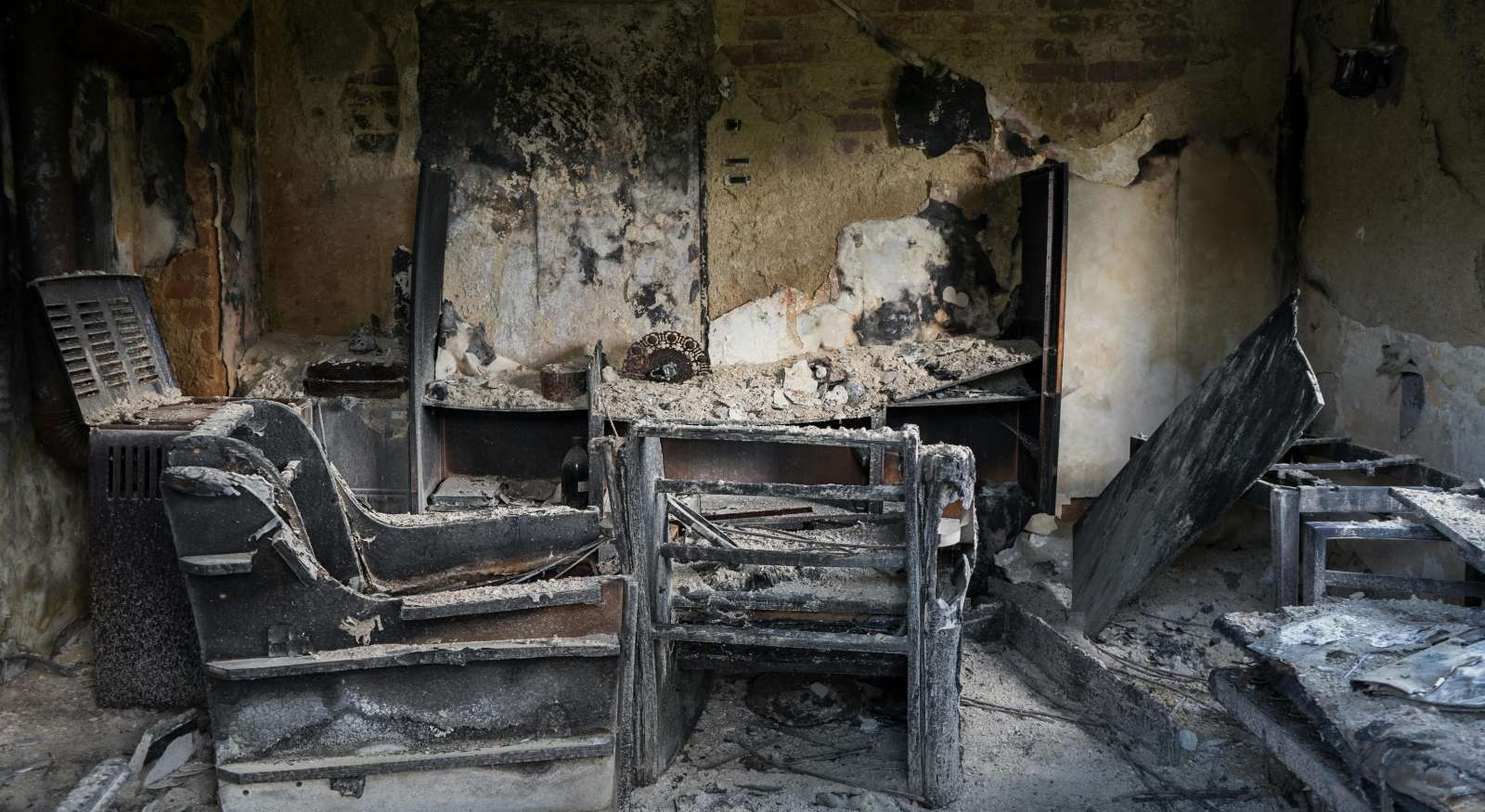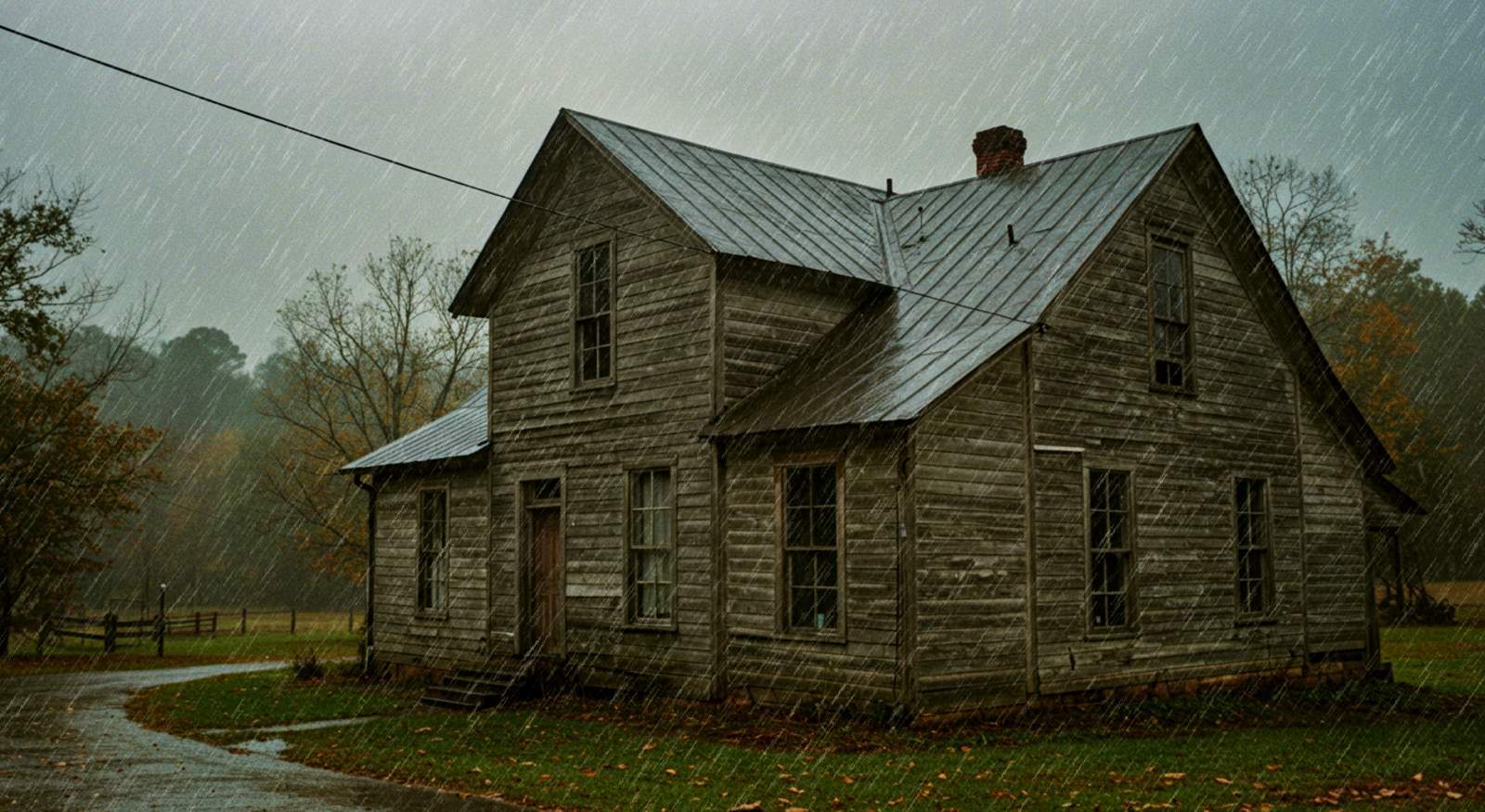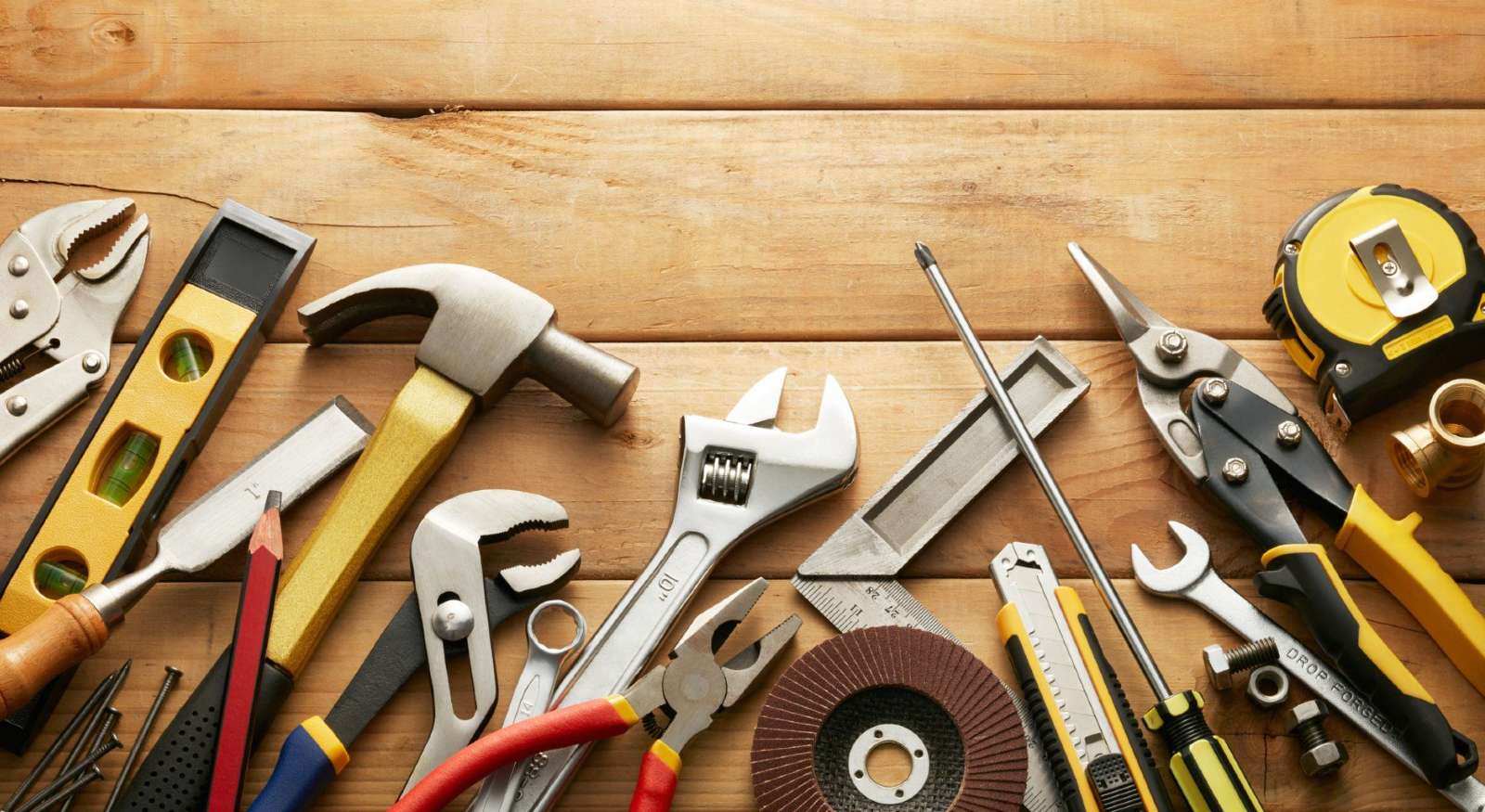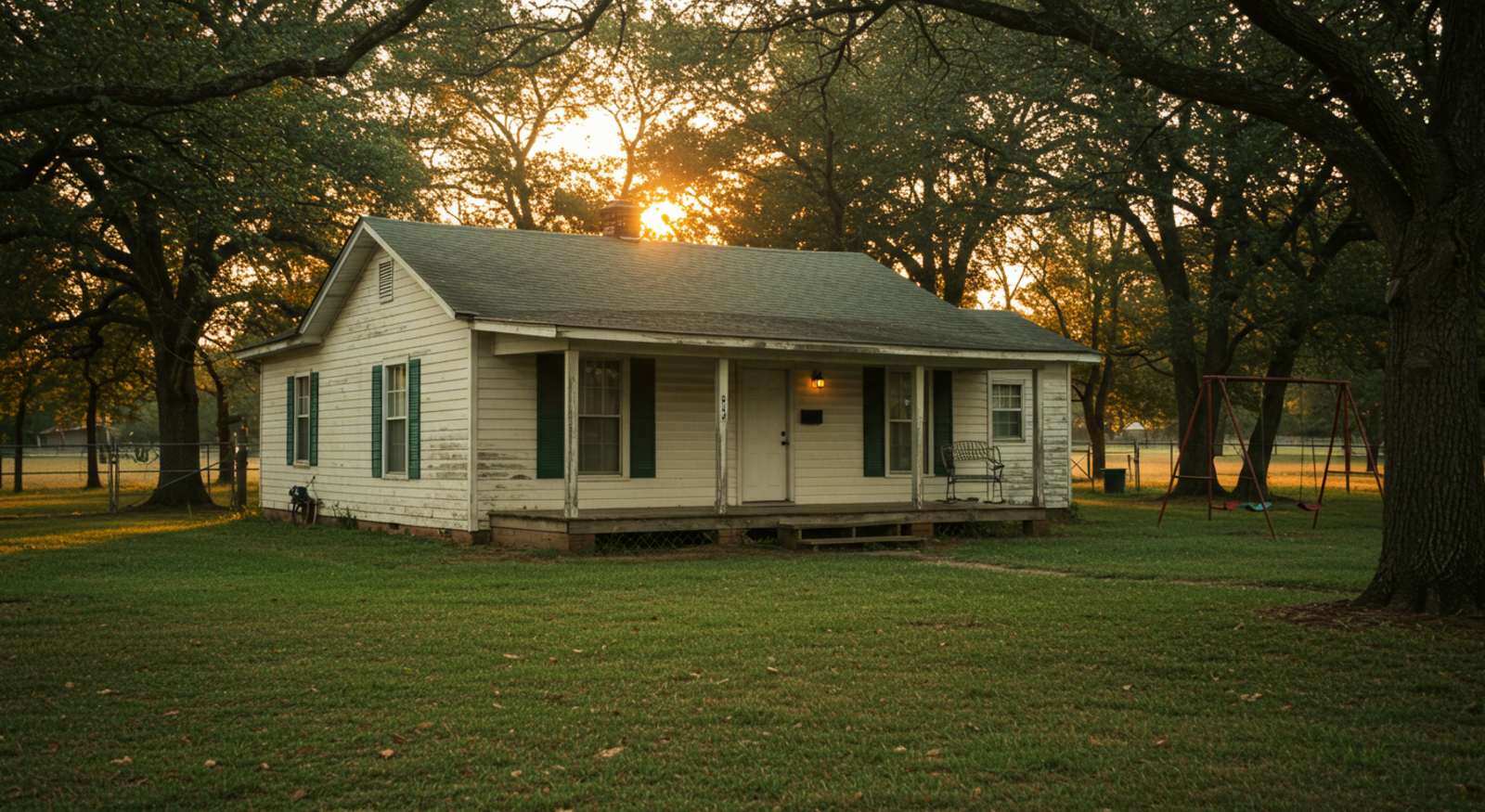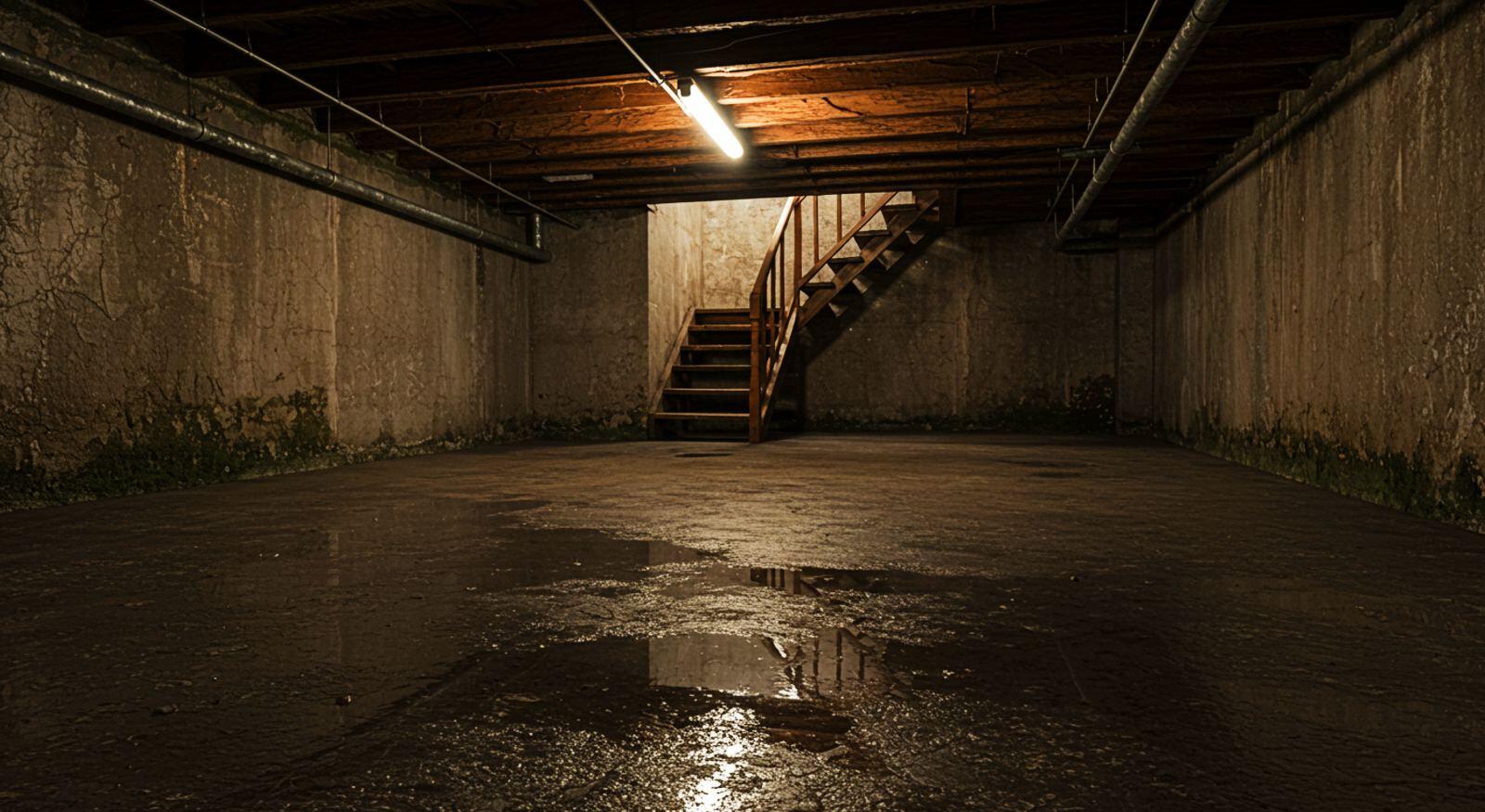Let's picture this scenario: You wake up on a frosty winter morning in South Arkansas. You reach for the tap to get some water, yet nothing happens. Then it hits you: your pipes are frozen. As annoying as they can be, frozen pipes are more than just a temporary setback to your day. Burst pipes, flooding, and major water damage can require extensive repairs. Thankfully, all of this can be prevented by following the right actions.
With over 50 years of experience in the water damage restoration business and an IICRC certification, we at Restore-It have seen firsthand the chaos that frozen pipes can unleash. While here in South Arkansas, we don't have the harsh winters other areas have, people can be caught off guard by the occasional cold snap. Prevention is critical to avoid water damage that can ruin your carpets, wood, and drywall, and we are here to tell you all about it.
Here, we'll cover the best ways to prevent your pipes from freezing, even during those unexpected cold spells. From where the danger zones are to how to protect pipes or prevent them from freezing and deal with them once they have frozen, our practical and easy-to-implement tips will get you winter-ready to enjoy the season without worries.
1. Frozen pipes: What are the danger zones?
When winter arrives, some pipes are more at risk of freezing than others. And funny enough, the ones you don't see are the most important for freeze prevention. According to the American Red Cross, the pipes that freeze most frequently are:
Outdoor pipes
These pipes are the most at risk, given that they are directly exposed to the outside weather. We are discussing all outdoor pipes, such as hose bibs, swimming pool supply lines, and water sprinkler lines.
Pipes in areas without heat
We are discussing areas like basements, crawl spaces, attics, garages, or kitchen cabinets. Often overlooked, these pipes can freeze if not appropriately insulated or if other measures are not taken.
Pipes in contact with exterior walls
While they are not located outdoors, they run against exterior walls, which can be affected by a sudden drop in temperature. While winters in South Arkansas are generally mild, insulating these spots is a good preemptive measure against surprise drops in temperature.
2. Before the cold season: Learn how to protect pipes
The key to winter readiness lies in one single word: Prevention. Before the cold season sneaks up on you and your home, avoid a winter catastrophe with these recommendations:
Drain water from your swimming pool and outdoor pipes
When winterizing your home, focus first on the outside supply lines. Close the supply valves of the outdoor lines and let them drip until all the water is drained. Disconnect your garden hoses, drain them, and store them inside.
Drain the swimming pool and water sprinkler supply lines following the manufacturer's recommendations. Do not use antifreeze unless explicitly told to by the installer. These chemicals are environmentally harmful and threaten humans, pets, wildlife, and landscaping.
Insulate pipes in cold areas like a pro
Pipes should be insulated if they are run against an outside wall or in the crawl space, basement, attic, and garage. Pipe insulation is available at any hardware store at very inexpensive prices. Just remember to take some measurements before you visit. You can also insulate pipes under kitchen and bathroom cabinets.
Seal any drafts from entering your home
Even though South Arkansas winters are mild compared to other parts of the country, sudden cold snaps can catch homeowners off guard. Cold air can sneak into your home through gaps and cracks around windows, doors, and exterior walls, making pipes more susceptible to freezing. Sealing these gaps with caulk or weather stripping can go a long way in keeping the cold air out and the warmth in. Remember to check for places where pipes go from inside to outside, like dryer vents or water pipes.
3. During the cold season: Prevent frozen pipes
While we told you all about what to do before the cold season starts, there are some actions you can take to lower the risk of the pipes freezing. Here are a few recommendations:
- Keep your garage door closed if you have water supply lines in there.
- Keep kitchen and bathroom cabinet doors open to let warm air circulate (remove household items to keep them out of reach from children).
- If the temperature drops, let your faucets drip. Running water (even small trickles) helps prevent freezing.
- Set your thermostat at the same temperature during the day and night.
- If you are leaving, leave the heat at no lower than 55° F.
4. How to deal with frozen pipes
So, the worst-case scenario happened: the temperature was freezing cold, and some pipes were affected. Don't panic. Here is what to do in this scenario:
Confirm frozen or broken pipes
- Turn on the faucet. Suspect a frozen pipe if there is a trickle of water.
- Look for more than one. If one pipe freezes, is possible others freeze, too.
- Check for cold spots along your water supply line.
- Verify if there are line breaks or broken pipes.
How to thaw exposed pipes

- Turn on the faucet and let the water drip to melt the ice faster.
- Apply heat to the affected area. You can do this by wrapping the pipe with a heating pad, a hair dryer, a portable heater, or towels soaked in hot water.
- Put a heater in the space to let warm air circulate.
- Continue moving the heater until the water pressure returns.
- Never use open flames or extreme heat to avoid a fire hazard.
How to thaw enclosed pipes

- Keep the faucet open.
- Turn up the heat in your home to warm the pipes inside your home.
- If necessary, cut out a section of the wall to access the pipe and follow the same methods stated above.
- Never use an open flame device (blowtorch, propane heater, or others).
Finally, if you have problems with any of the steps above or don't have time to fix the problem, consider contacting a licensed plumber for assistance. If you encounter broken pipes, turn off the main water supply valve and call a professional water damage restoration service.
5. Broken pipes? Call water damage restoration services
You tried your best, but a pipe still froze and burst. In this scenario, you must act fast to avoid severe water damage to your home. First, turn off the main water valve and contact a reputable water damage restoration company ASAP. They will be equipped to handle this issue before the problem gets worse.
By quickly starting the mitigation process, you can prevent further damage to your home and ensure a smoother process with your insurance company. Stopping and addressing the water flow and documenting the damage will help you jump-start your recovery process.
Frozen pipes can be a nightmare for any homeowner, turning a simple winter day into a disaster that requires extensive repairs. Even in South Arkansas, where winters are relatively mild, it pays to be prepared for those sudden cold snaps. If you ever are dealing with a frozen or burst pipe, don't hesitate to contact us. We at Restore-It can help you get your home back to normal. Stay warm, stay proactive, and call us if you need assistance!


















